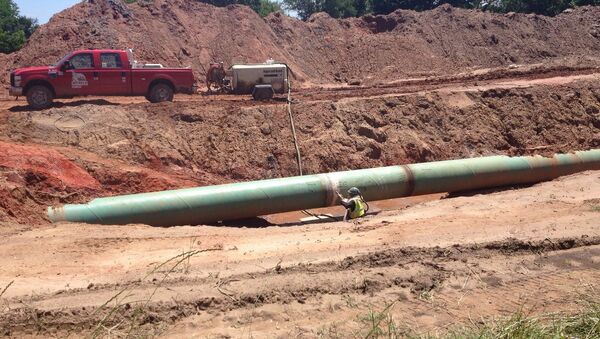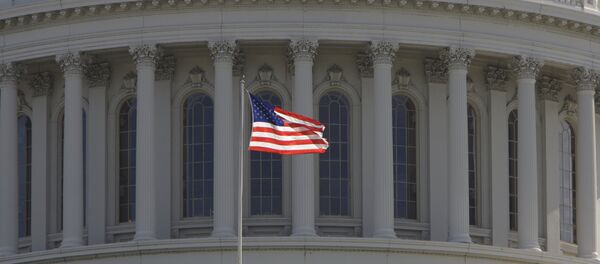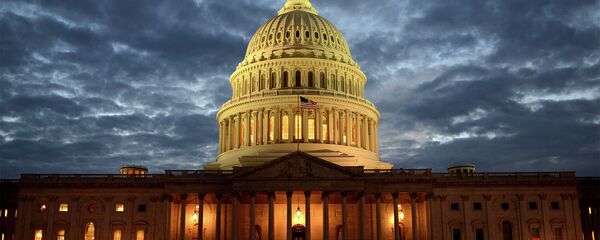"There are people in this administration and people in this country that have the wrong-headed opinion that it's going to create more carbon dioxide for global climate change. And I think it's an illusion to put up in front of people, that's completely incorrect," McConnell, currently head of Rice University's Energy and Environment Initiative, said.
In February 2015, US President Barack Obama vetoed construction of the controversial pipeline. The large-scale project was intended to connect Alberta, Canada and the US Gulf Coast.
McConnell said that it was a "shame" that the United States was not going ahead with the project.
He also noted that the United States and Canada have about 100 pipelines going back and forth in all kinds of commodities, and this energy interdependency is a part of the relationship between the two countries.
"We are exploring for oil in Canada, and that oil needs to find its way to refineries, so it can be made into the kind of fuels that we all need. That oil will find its way to markets somehow, but the most efficient way for it to get to market is to come to the United States to be refined, and we should get on with that task," the former official said.
"We are being foolish right now, and we need to change," McConnell concluded.
US lawmakers have been sharply divided on whether to construct the Keystone Pipeline, which was expected to bring an additional 830,000 barrels of oil per day to US refineries, according to the US Congress.
Following Obama's veto, US House of Representatives Speaker John Boehner called the President's action a "national embarrassment," and vowed that Congress would not give up its efforts.





